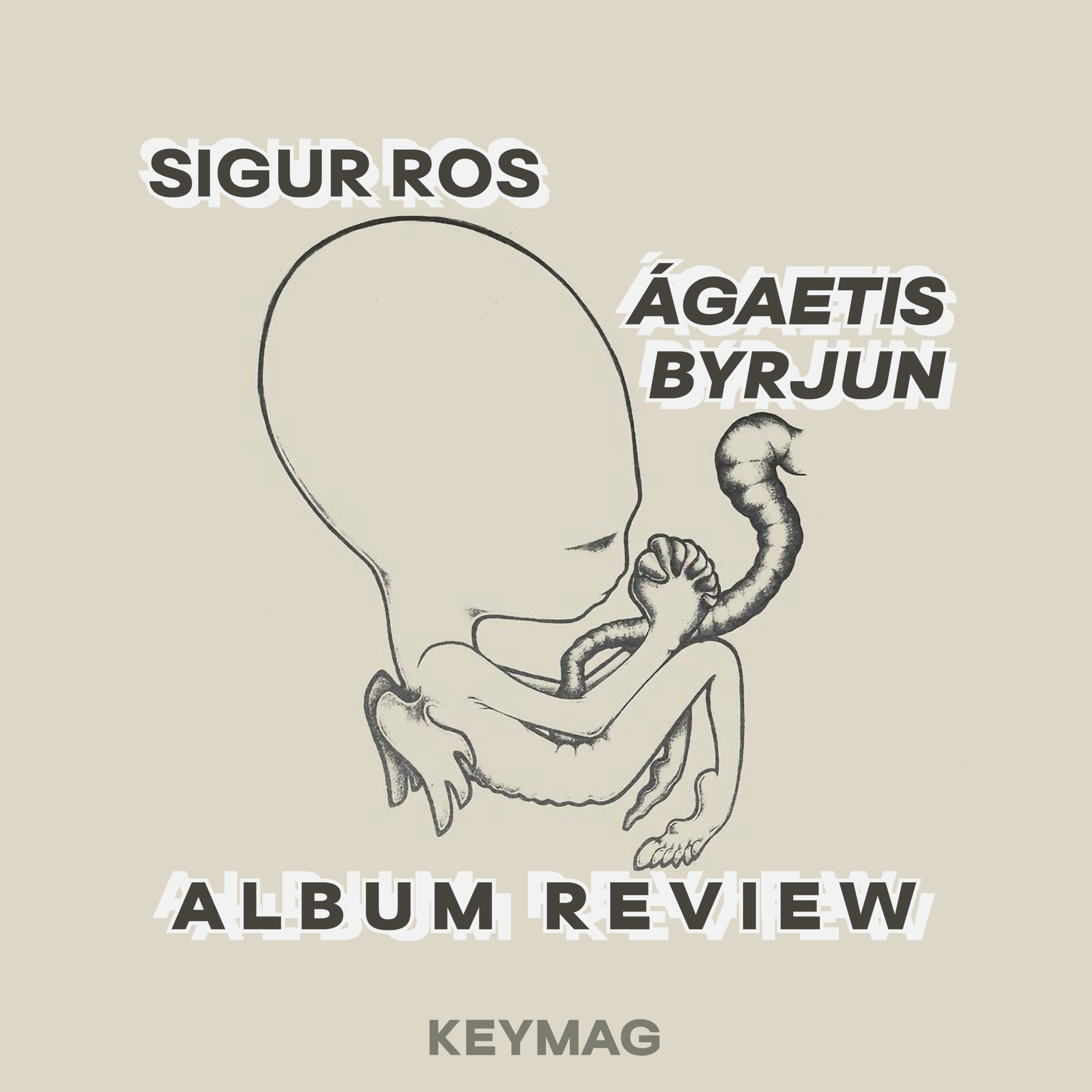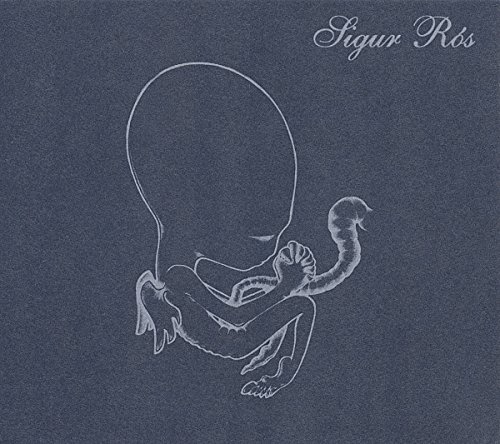

All of the lyrics on ( ) are sung in Vonlenska, also known as Hopelandic, a language without semantic meaning, which resembles the phonology of the Icelandic language. Upon release all tracks on the album were untitled, though the band later published song names on their website. In 2002, their highly anticipated follow-up album ( ) was released. ĭrummer Ágúst left the band after the recording of Ágætis byrjun and was replaced by Orri Páll Dýrason.

In 2001 the band toured in Canada, performing at Massey Hall in Toronto in September. The EP was sold in a blank-white-paper case. A thousand copies of the EP were printed and sold during the spring tour of 2001. The last song on the EP, "Lækurinn", is a duet with Sigurður Sigurðarson. The EP contains six songs, all of which feature Steindór Andersen reciting traditional Icelandic rímur poetry. In 2001, Sigur Rós christened their newly completed studio by recording an EP titled Rímur with an Icelandic fisherman named Steindór Andersen. The song "Svefn-g-englar" was also used on V on 24 November 2009, and features prominently in Café de Flore released in 2011.Īfter the release of Ágætis byrjun, the band became well known for Jónsi's signature style of reverb accentuated guitar work using a cello's bow. In Enki Bilal's Immortel (Ad Vitam) the song "Hjartað hamast (bamm bamm bamm)" is used.

Sigur ros ágætis byrjun tv#
In 2004, Wes Anderson used "Starálfur" in The Life Aquatic with Steve Zissou as did the Emmy-winning 2005 TV film The Girl in the Café.
Sigur ros ágætis byrjun series#
Their music has also appeared in the TV series 24 with "Ný batterí", and CSI with "Svefn-g-englar". The former two also subsequently appeared in the US version of the television series Queer as Folk. Three songs, "Ágætis byrjun", " Svefn-g-englar", and a live take, from a summer 2000 concert in Denmark, of the then-unreleased "Njósnavélin" (later 'unnamed' "Untitled #4") appeared in the Cameron Crowe film Vanilla Sky. Soon critics worldwide were praising it effusively, and the band was playing support to established acts such as Radiohead. The album's reputation spread by word of mouth over the following two years. International acclaim came with 1999's Ágætis byrjun ( "A Good Beginning"). He is the only member of Sigur Rós with musical training, and has contributed most of the orchestral and string arrangements for their later work. The band was joined by Kjartan Sveinsson on keyboards in 1998. This name is also Icelandic wordplay: Vonbrigði means "disappointment", but Von brigði means "variations on Von". In 1997, they released Von (pronounced, meaning "hope") and in 1998 a remix collection named Von brigði ( ). They soon won a record deal with the local Sugarcubes-owned record label Bad Taste, because they thought the falsetto vocals would appeal to teenage girls. They took their name from Jónsi's younger sister Sigurrós, who was born a few days before the band was formed. Jón Þór "Jónsi" Birgisson (guitar and vocals), Georg Hólm (bass) and Ágúst Ævar Gunnarsson (drums) formed the group in Reykjavík in January 1994. Main articles: Von (album) and Von brigði


 0 kommentar(er)
0 kommentar(er)
